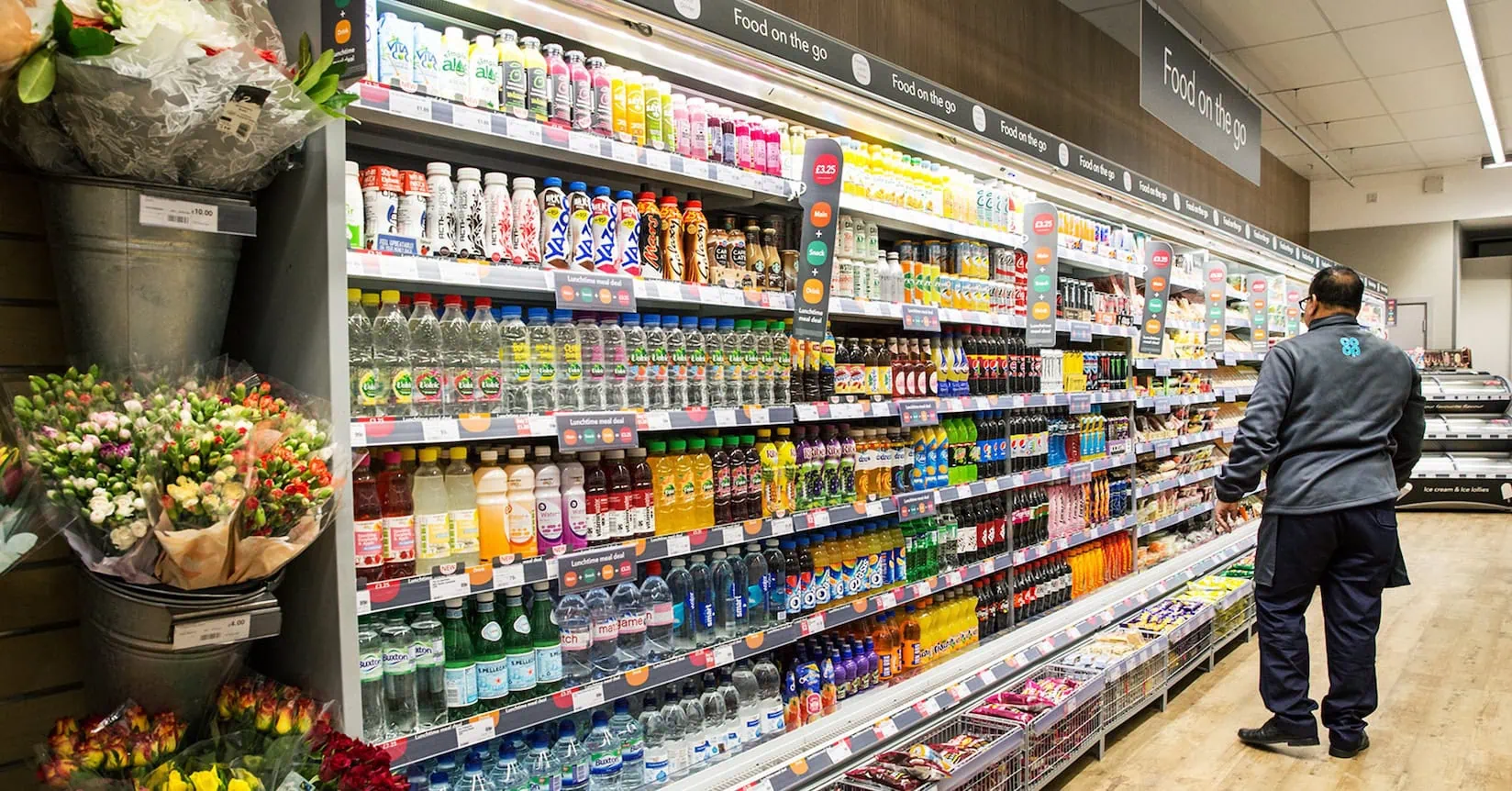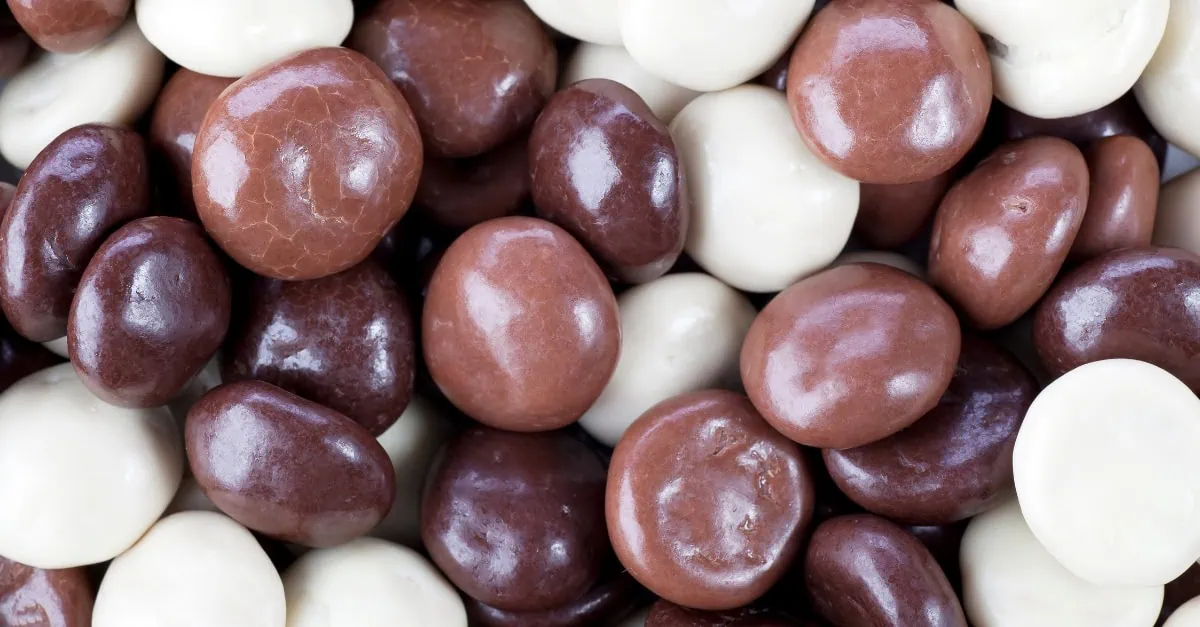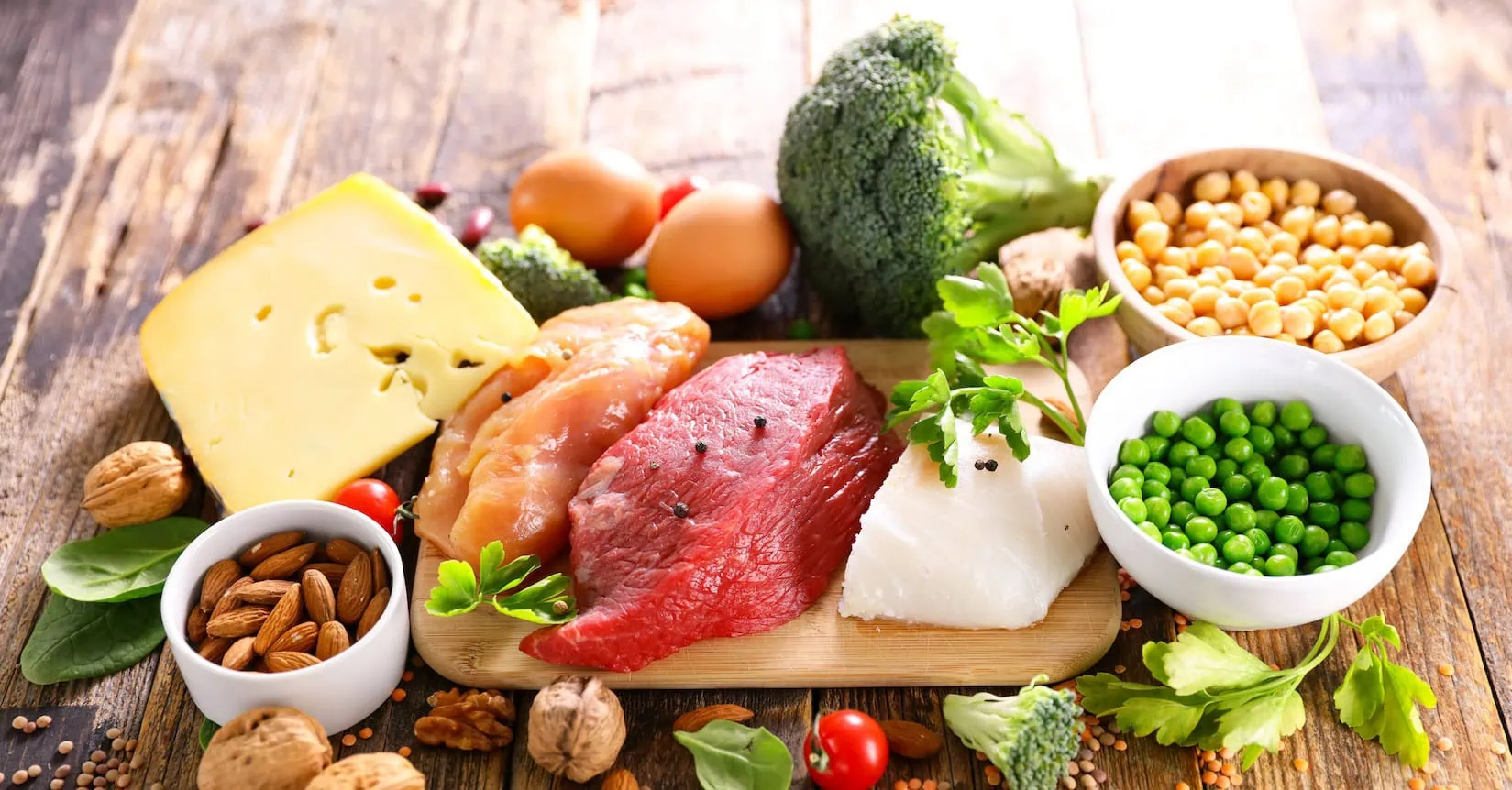For large retailers, managing food supply chains is a delicate balancing act. It means looking closely at costs, an increasing expectation of transparency about sourcing, and making sure their networks are resilient.
In addition, prioritizing sustainability across procurement is a must, as changing laws and industry and consumer demands continue to evolve. When it comes to produce, specific ingredients, like cocoa, require special attention as they have greater sourcing risks due to factors like deforestation or climate change.
The retail sector comes with many challenges and supermarkets frequently come under scrutiny for their carbon footprint due to their operations and products, which often include energy-intensive refrigeration, packaging, and food waste. In response, leading retailers constantly update their sourcing and procurement strategies to be more sustainable and durable.
We examine how some supermarkets approach their supply chains and operations, including how they utilize data, the latest technology, or launch collaborations to stay on the front foot.
Co-op
One of the world’s largest consumer co-operatives, with more than 2,300 food stores, the UK retailer focuses its responsible sourcing strategy around ingredients with the “greatest sourcing risks for our business.”
It sees that many ingredients share risks like deforestation, climate change, and labor rights, so it categorizes its products accordingly. Its primary deforestation-linked commodities are beef, cocoa, coffee, palm oil, and soy. According to Co-op, it was the first UK retailer to source its cocoa on Fairtrade terms.
Dairy is also a big part of the company’s operations through its dedicated Dairy Group. It says that more than 90% of the group, which supplies milk from across the UK, is engaged in a “comprehensive programme” designed to understand and support the environmental sustainability of the dairy supply chain.
Holistic approach
A spokesperson for Co-op tells Vesper that dairy accounts for 11% of its Scope 3 emissions (indirect emissions across the value chain). Co-op has been gathering carbon data with its farmers for some time, but felt a more holistic approach was needed.
Together with Soil Association Exchange, they’re building a sustainability dataset that supports farmers with regenerative agriculture, measuring carbon, soil health, biodiversity, water, and social factors.
“The aim is to create a rounded, measurable picture of sustainability that farmers can track year after year, which will also support them in farm profitability and long-term resilience,” adds the spokesperson.
Aldi
The German grocery heavyweight operates more than 13,000 stores in 18 different countries and is best known for keeping costs low and its straightforward approach. A key part of the company’s business strategy is sourcing directly from suppliers and circumventing intermediaries like wholesalers and distributors.
It does this to negotiate lower prices, maintain control over product quality, and offer private label products at competitive prices. Aldi also aims to minimize transportation and other costs by using suppliers near its distribution centers.
“Single data model“
The company uses “a single data model” to manage supply chain efficiency. Last year, Aldi announced it was going live with a platform to “improve its logistics operations by centralizing global shipping volume” and improve its collaboration with suppliers.
Aldi has said it is keen to increase cost transparency and improve its control over the movement of goods throughout the supply chain. The company’s Managing Director for International Buying Asia, Fritz Walleczek, said at the time: “We are confident that the solution can handle the complexities of our supply chain, starting with overall visibility and collaboration.”
Earlier this year, the retail giant shared that avocados would be the latest product added to its responsible fresh produce sourcing strategy. The addition followed bananas and pineapples, which were already part of its approach.
Lidl
The international discount retailer is well known for its efforts in sustainable sourcing. This includes aiming to reduce deforestation, improving social and environmental standards in its supply chains, or sourcing certified products. It also publishes a list of its food suppliers, which cover a range of categories, including bananas, strawberries, and its own-brand tea.
The retailer has set targets to source critical raw materials like palm oil, soy, cocoa, and coffee more sustainably. Like many retailers, it has several partnerships to optimize how it works. One of its most high-profile is with the conservation organization WWF. Their collaboration aims to improve sustainability in its value chain.
Backing British produce
Announcing the partnership, Christoph Pohl, Chief Purchasing Officer at Lidl International, said at the time: “In our role as one of the largest food retailers, we are aware of our responsibility and our influence. We take responsibility with the aim of doing business within planetary boundaries.”
Similarly to Co-op, Lidl has also pledged to support British-based producers. Earlier this month, the company said it would invest a “landmark” £30 billion in the British food industry, covering fruit and vegetables and meat and poultry, as part of a five-year plan.
If you like this, you might also want to read:
– Interview: Cargill on the next cocoa era, alternatives, and procurement navigating volatility
– 4 strategic sourcing questions every food procurement manager should ask
– Top 20 books recommended by commodity experts



